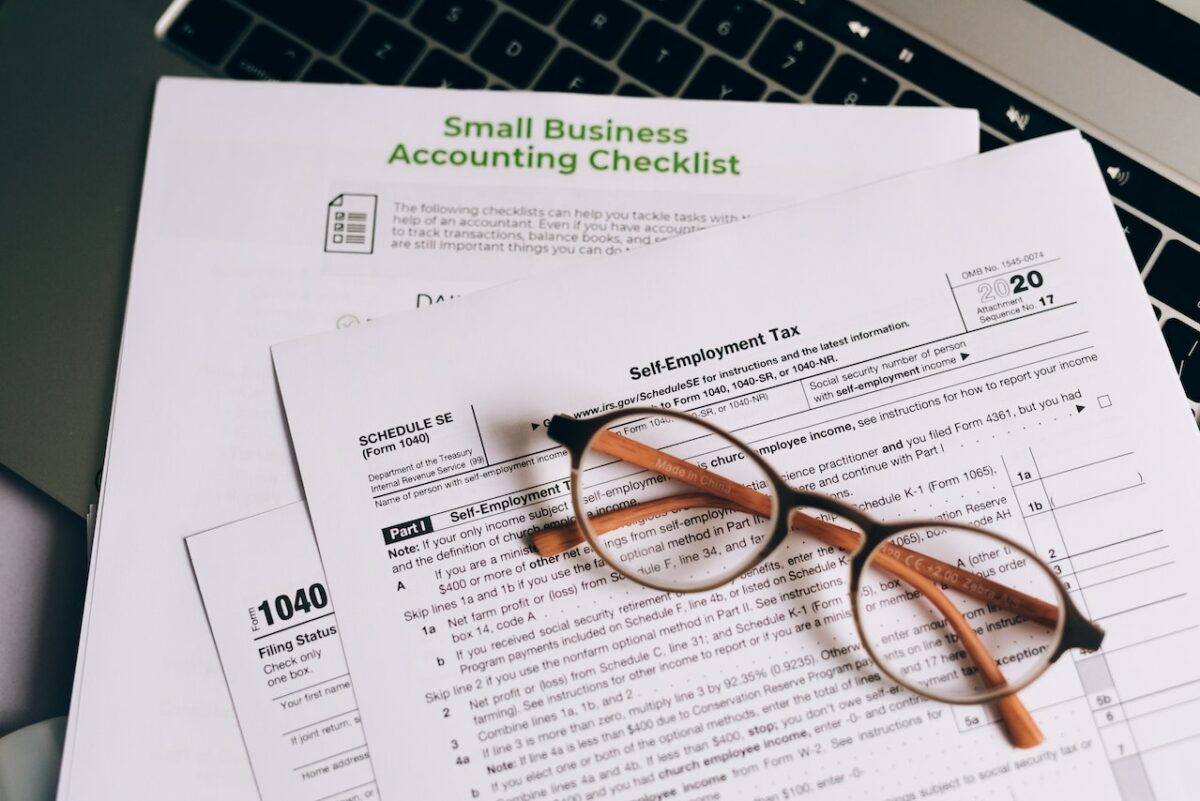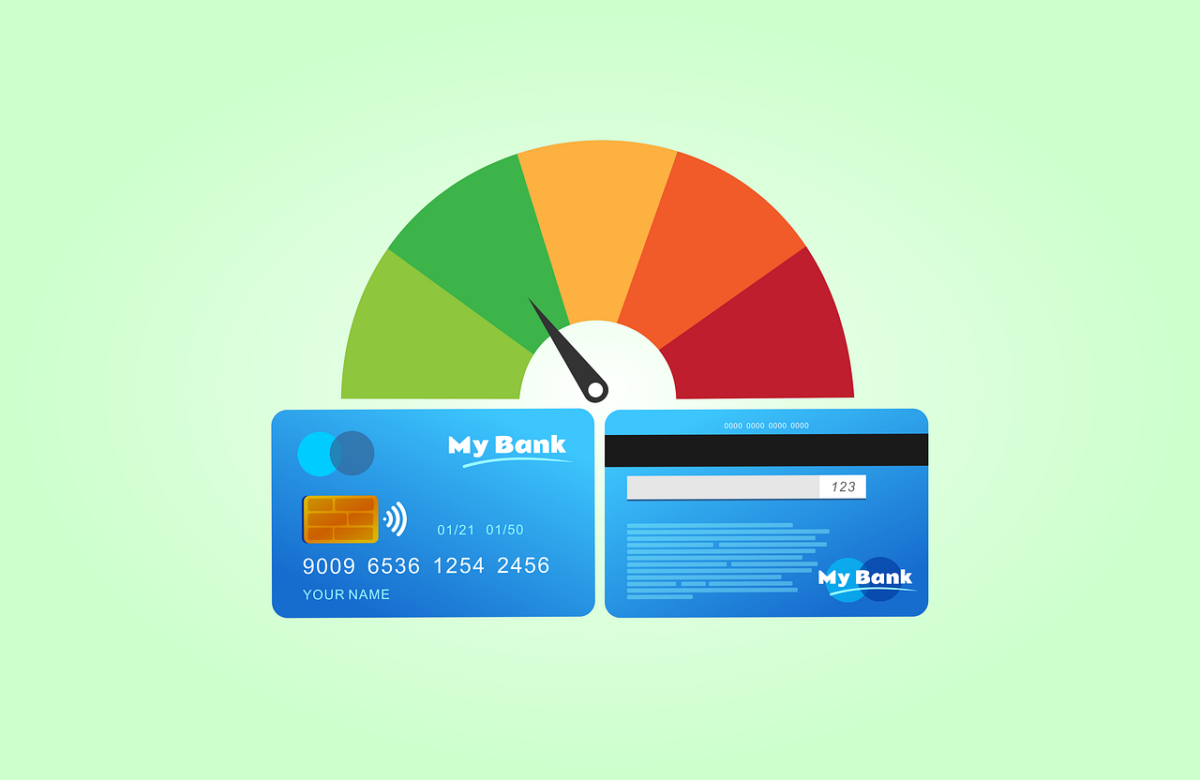If you need funding for starting or expanding your business, personal loans could be an attractive solution.
But it’s essential that you understand all associated risks before considering using one as part of your strategy.
First off, these loans tend to be unsecured – meaning you’ll have to put up assets as collateral in case of nonpayment of the loan.
Should this occur, your lender can take legal action against those assets to repay their debt.
Post Contents
Legalities
Every business requires working capital to purchase inventory, cover overhead costs, and cover other short-term expenses.
Funds for this can come from various sources – business loans and personal loans can both provide necessary funding solutions.
No matter if you are starting your own business or expanding an existing one; understanding all your financing options – be they personal loans or business loans – is crucial for making the best possible decision for yourself and your circumstances. Below are some key considerations when selecting between them:
Legalities
Utilizing personal loans for business use isn’t illegal, but it is recommended that you consult with a tax professional in your area in order to make sure the interest you pay on a personal loan is tax deductible for your company.

Documentation will also likely need to show that funds were only spent on expenses related to business expenses versus being used elsewhere within your life.
Advantages
One key advantage of taking out a personal loan for business purposes is accessing funding quickly and conveniently, from storefront renovation to marketing materials to purchasing inventory.
Before selecting a personal loan for business, it’s a wise practice to compare APRs and terms to ensure the most favorable loan offer is selected.
By doing so, you’ll find funding solutions tailored specifically to your financial circumstances.
Disadvantages
Although utilizing personal loans can offer several advantages for your business, it is also important to be aware of any possible downsides or risks involved. Some of these include:
Mixing Your Personal And Business Finances
Personal loans may provide an easy financing solution; however, they can become problematic when filing taxes. Furthermore, personal loans pose risks to both personal assets as well as credit reports by way of late payments or debt repayments if they go unpaid.
Impact Of A Personal Loan On Your Credit Score
It is essential that when applying for a personal loan, one keeps in mind the impact on both their personal credit history and score as this will play a large part in being approved for one.
With strong personal credit and sufficient income sources, most applicants should find approval relatively easily.
However, if your credit is poor or nonexistent, applying for a bad credit loan and paying higher interest rates might be necessary.
Proving that your monthly payments can be afforded as well as evidence of steady income will show lenders your ability to repay the loan is necessary in order to obtain approval for this type of loan.
Advantages
Every business requires working capital in order to cover overhead expenses, invest in new projects or launch an innovative idea.
While some can cover these expenses through sales of their products or services, others require financing solutions like personal loans for quick and easy funding for smaller operations.
Personal loans offer many advantages for business use; however, you must carefully consider any potential risks before applying for and using one to finance your enterprise.
First off, write out an in-depth business plan and determine that you can afford monthly payments.
Be honest when explaining how your personal loan will be spent as some lenders have regulations regarding its usage.
Failure to repay on time for your personal loan could also damage your credit rating and make it more difficult to qualify for loans in the future.
Another key advantage of taking out a personal loan to fund your business is not needing to offer collateral like you would when applying for traditional business loans.

This may be especially valuable in cases of an impending business failure and protecting assets through less risky options like providing your home as security against repayment obligations.
Note, however, that personal loans are more costly than other forms of financing options for your business and should always compare interest rates before applying for one.
If you possess a solid personal credit score, you may find a lower interest rate when applying for personal loans as they’re tailored to individual financial histories and credit scores, which means lenders are less likely to view you as high-risk borrowers.
Your personal loan could help you avoid tax penalties by being used for business purposes; however, keep in mind that its interest is not tax deductible.
Your lender might require that you pledge your home as collateral on a loan, which could put it at risk of foreclosure in the event that you default on payments.
Furthermore, should your business fail and personal loans go unrepaid on schedule they’ll be reported to credit bureaus which can severely harm your score.
Personal loans can be an ideal way to finance small businesses as they’re often easier to qualify for than business loans and provide more flexibility.
Furthermore, they can be used for financing virtually all aspects of your company from inventory purchases to start-up expenses.
An SBA loan is also more likely to be approved, particularly for startup businesses.
Many successful business owners have taken to using personal loans to finance their companies, from startups and small retailers to those needing fast funding for expansion.
Though personal loans might not always be appropriate, they can be useful tools if you have good credit score and plan in place to repay it.
Don’t go anywhere else for your business funding needs; personal loans provide a viable option with rapid access to cash.






























